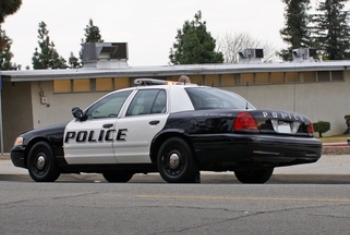California Court of Appeal Declares West Sacramento Gang Injunction Void
Page Media

On April 23, 2007 the California Court of Appeal declared that the permanent injunction imposed on the so-called Broderick Boys gang is void. The Court held that the injunction could not stand because the Yolo County District Attorney failed to give adequate notice to those who would be affected by it.
The injunction, issued in February 2005, by the Yolo County Superior Court, covered an approximately three square mile “safety zone” in West Sacramento and subjected the more than 100 people on whom it had been served to severe, probation-like conditions. Those restrictions affected almost every aspect of their day-to-day lives and included a 10:00 p.m. to dawn curfew, a prohibition on associating in public with any other “known” member of the Broderick Boys—a prohibition that limited such ordinary activities as the use of public transportation, being in the park, even for a child’s birthday party or attendance at a close friend’s wedding—and a prohibition on being anywhere in public where alcohol is present—a restriction that put most restaurants off limits for individuals subject to the injunction.
The ACLU of Northern California represented Angelo Velazquez, Keith Edwards, Benjamin Juarez, and Jason Swearengin, in successfully challenging the injunction.
In invalidating the injunction, the Court of Appeal stated that the District Attorney’s decision to serve one lone individual with notice that it was seeking an injunction violated the Due Process Clause. Noting that it “was a matter of chance” whether that one person would tell others about the request for the injunction, the court held that the District Attorney’s method of service was “not reasonably calculated” to inform those who would be affected that their rights were at risk. The Court went on to note that serving only a single individual was out of step with the practice utilized in other gang injunction cases and that service on a large number of people would not have been difficult. Accordingly, the Court said that the injunction is invalid and ordered the trial court to grant the motion to vacate it.
For a copy of the Court’s decision, click here.
